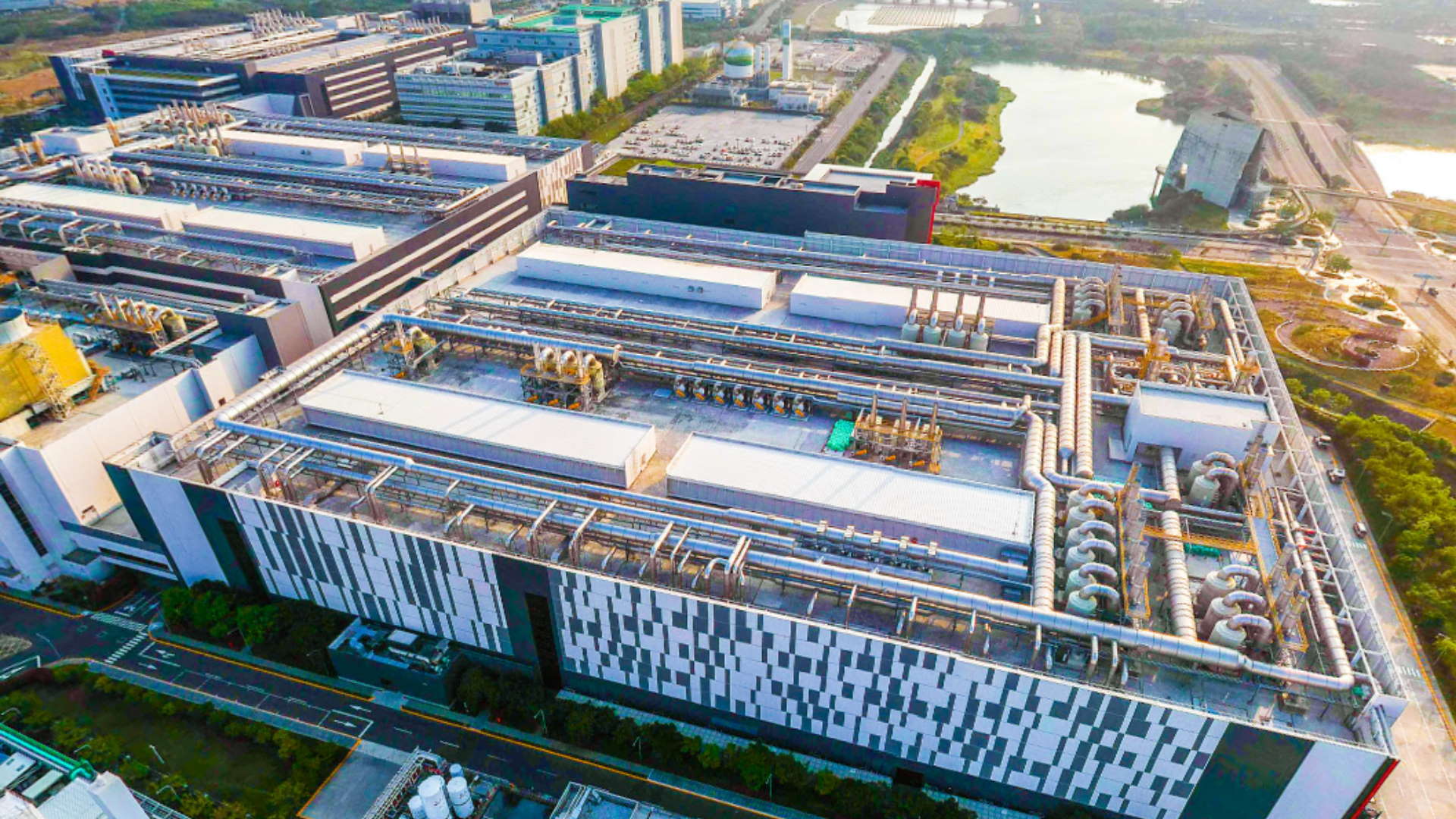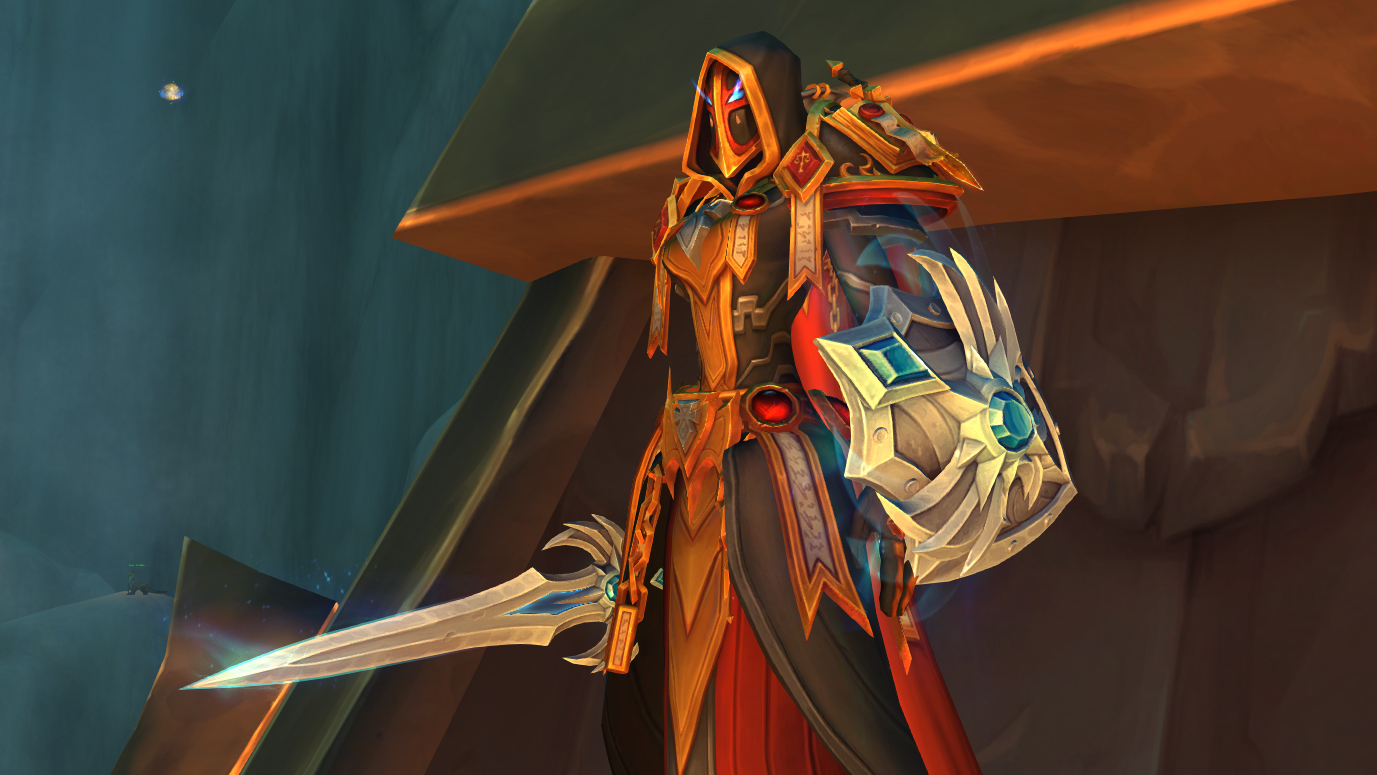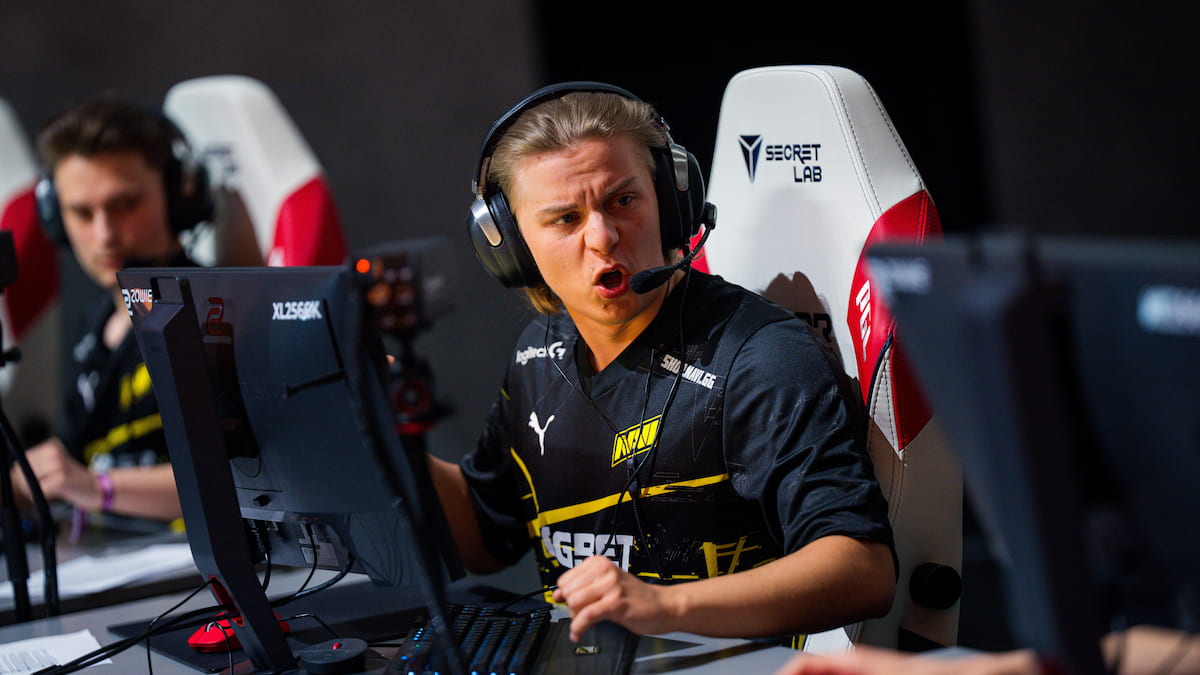
The AI profits are flowing, and TSMC's new chairman may be looking to divert a little more in its direction.
Nvidia might be riding the wave of an AI hardware boom right now, but when it comes to the manufacturing of advanced chips—including those used in the latest Blackwell AI GPUs—the company relies on TSMC’s output.
TSMC’s newly-appointed chairman, C.C. Wei, has had discussions with Nvidia head honcho Jen-Hsun Huang regarding its pricing (via Techspot), and has dropped hints to reporters that suggest manufacturing price rises for the GPU giant may be on the table.
“I did complain to Nvidia’s CEO Jensen Huang – the ‘three trillion guy’ – that his products are so expensive…I think those products are really valuable for sure, but I am thinking about showing [him] our value as well.”
“Anyone sitting at home can think [up this strategy],” he said, referring to the fact that all of Nvidia’s expensive chips are fabricated by TSMC, so asking for more money is a fairly obvious business decision.
Jen-Hsun Huang, on some level at least, appeared to take potential price hikes in his stride. Speaking to reporters at Computex, he said:
“I think TSMC, their contribution to the industry is really great, and raising prices…is consistent with the value they deliver. I’m very happy to see them succeed.”
Certainly, Nvidia has been piling on the profits. With its market cap recently surpassing three trillion dollars, the tech giant currently sits in the enviable position of third in the estimated largest companies by market cap list, just behind Microsoft and Apple (a jump in the latter’s share prices pushed it back ahead of Nvidia).
Nvidia’s Blackwell AI GPUs have been selling by the thousands, while the previous generation AI-accelerating Hopper GPUs also sold in huge numbers, bringing in gigantic sums of money.
While rising power costs may be at the core of potential manufacturing price hikes to come, it’s not difficult to see why TSMC might be looking to pass on some of its overheads to its biggest customers, and potentially raise profits of its own.
Of course, all this talk of price rises is based on the AI hardware boom. As for us gamers? It remains to be seen whether any of this might have an impact on consumer GPU prices when the next generation of Nvidia cards is released.






